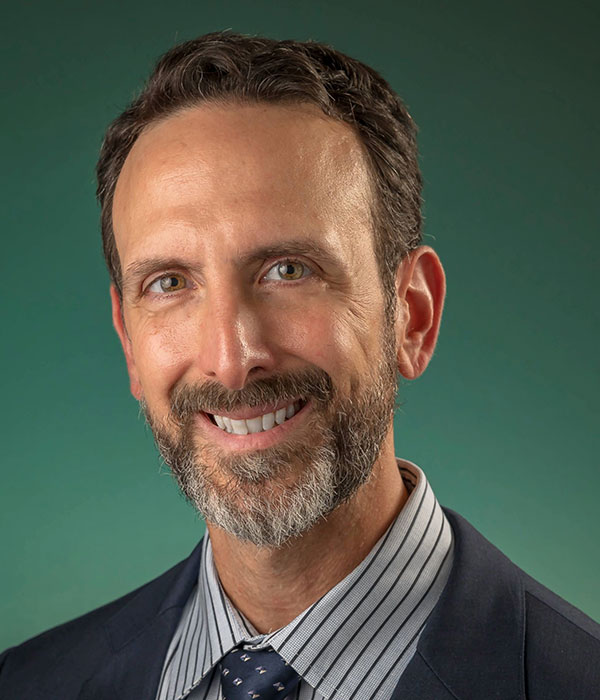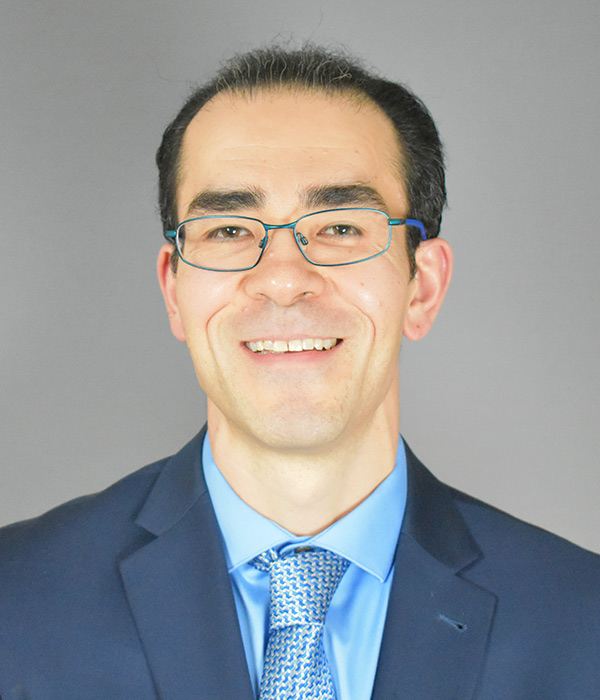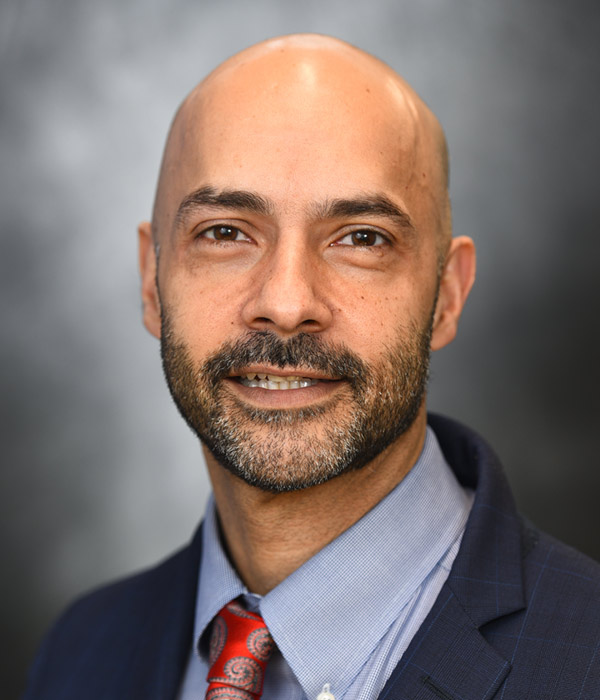Tulane is the first hospital in the region to invest in the Excelsius GPS spine robot, which is the most advanced spinal surgery technology, allowing unprecedented minimally invasive surgical accuracy with smaller incisions, less scarring and less blood loss, resulting in decreased pain and discomfort and faster recovery after surgery. Under the expertise of nationally recognized Spine Program Director, Dr. Christopher Maulucci, Tulane serves as a teaching and observation site for the Excelsius Spine Robot where physicians may travel to observe surgery, learn more about the robot, and ask questions to help improve their own practices. Our program in minimally invasive spine surgery is a leader in the region.
Tulane’s Complex Spine Program provides comprehensive, high quality care for patients with spine disorders. Our team of experienced neurosurgeons is skilled in the diagnosis and treatment of the full range of spine disorders. In addition to minimally invasive approaches, our neurosurgeons perform a range of other advanced surgical techniques to treat disorders of the spine, including microdiscectomy, spinal decompression, spinal fusion, spinal reconstruction, spinal cord and spinal nerve surgery, and removal of spinal tumors and vascular abnormalities. Additionally, our faculty members teach other surgeons across the country about the techniques we use for complex spine surgery and patient care.
Spine disorders we treat:
- Disc herniation
- Spinal stenosis
- Degenerative spine disease
- Spondylolisthesis
- Spinal fractures
- Spinal instability
- Spinal infections
- Spinal tumors
- Spinal vascular disease
- Spinal deformity and scoliosis
- Tethered Cord
- Complex revision surgery
FAQs
Metairie Physicians

Dr. Christopher Maulucci

Dr. Aaron Dumont

Dr. Pervez Khan

Dr. Sassan Keshavarzi
Request an Appointment
Covington Physicians

